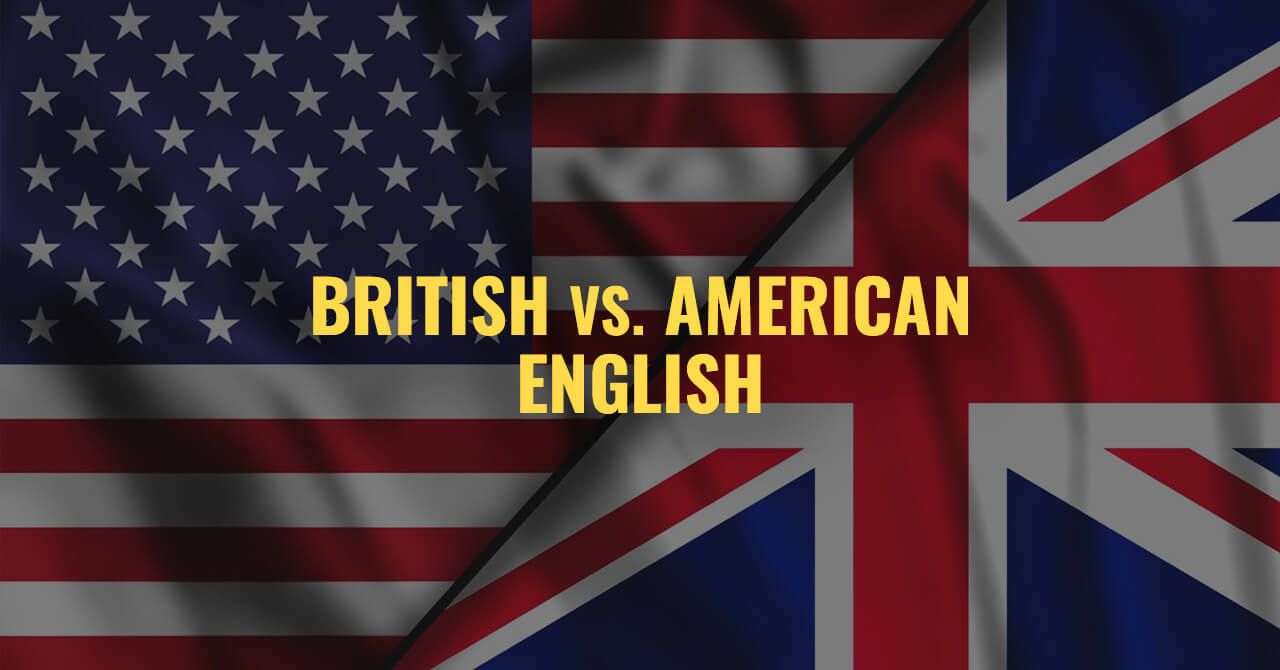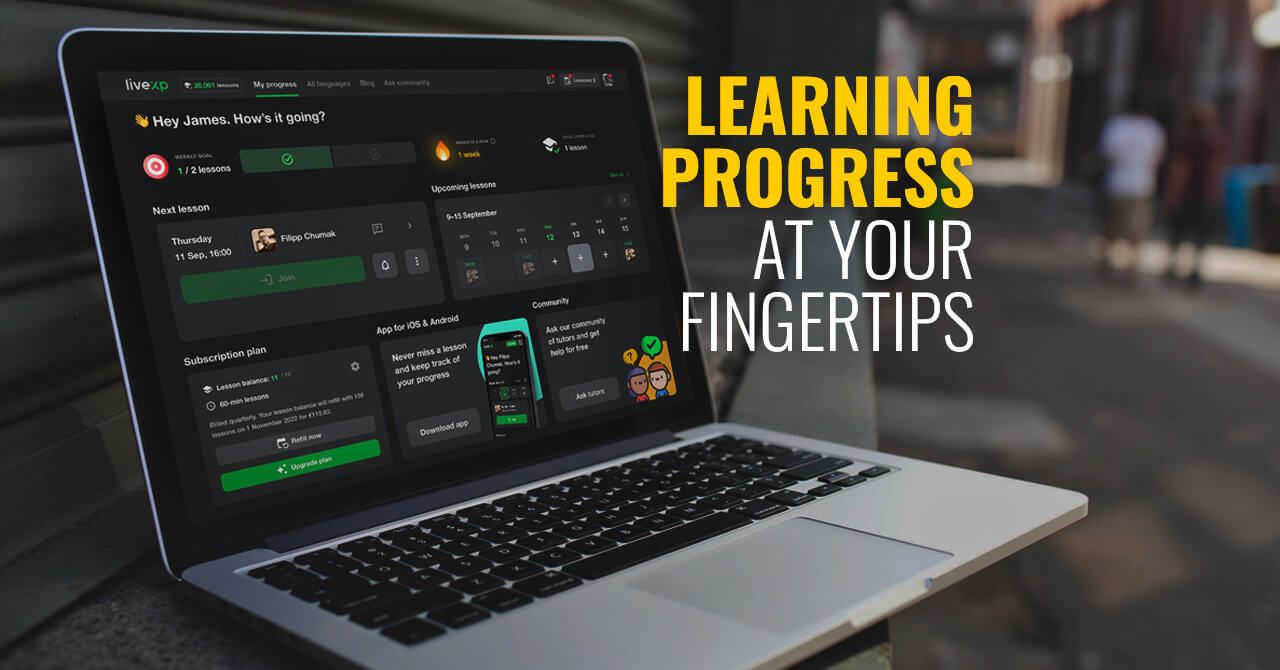LiveXP Blog
Develop yourself by learning new skills with LiveXP. Grow with us!

How I Learned More About My Native Arabic Language While Teaching
Translating Arabic words into English, explaining them in their social and cultural context, and focusing on pronunciation, the approach I used to teach my children my native Arabic language. Teaching my own children a foreign language and being the only one who spoke Arabic to them was a job that needed patience and persistence. I decided to make learning fun and engaging. I used kids’ songs, animated movies for kids, and everything I have in the house, from food to furniture, grammar books, st

13 Spanish Slang Words and Phrases Explained in English
Spanish is an official language in more than 20 countries, so no wonder that there are a lot of colloquialisms and idioms you should know.

5 Words With the Same Spelling, Pronunciation & Meaning in Different Languages
Cognates are words with the same origin and similar meanings in different languages.

How to Choose a Monolingual Dictionary
When choosing an online monolingual dictionary, consider the level of detail provided in definitions, the range of words included, and the credibility of the publisher.

How to Express Negative Emotions in Chinese
Now let’s talk about 5 Chinese expressions for negative emotions.

British vs. American English: Some Differences
British and American English are more similar than different, most would agree, but the two dialects vary in areas like pronunciation, spelling, and grammar. This essay will focus on these differences.

How to Use Fiance vs. Fiancee to Talk About Your Soon-To-Be Spouse
Fiancé and fiancée can refer to the person you are going to marry or yourself if you are engaged. So, what’s the difference between the two spellings?

Your Learning Progress at Your Fingertips
Reminding yourself where you’re at with your lessons and progress is extremely important for a successful learning journey. And now you can find all of your vital learning stats and info in one “Progress” dashboard.